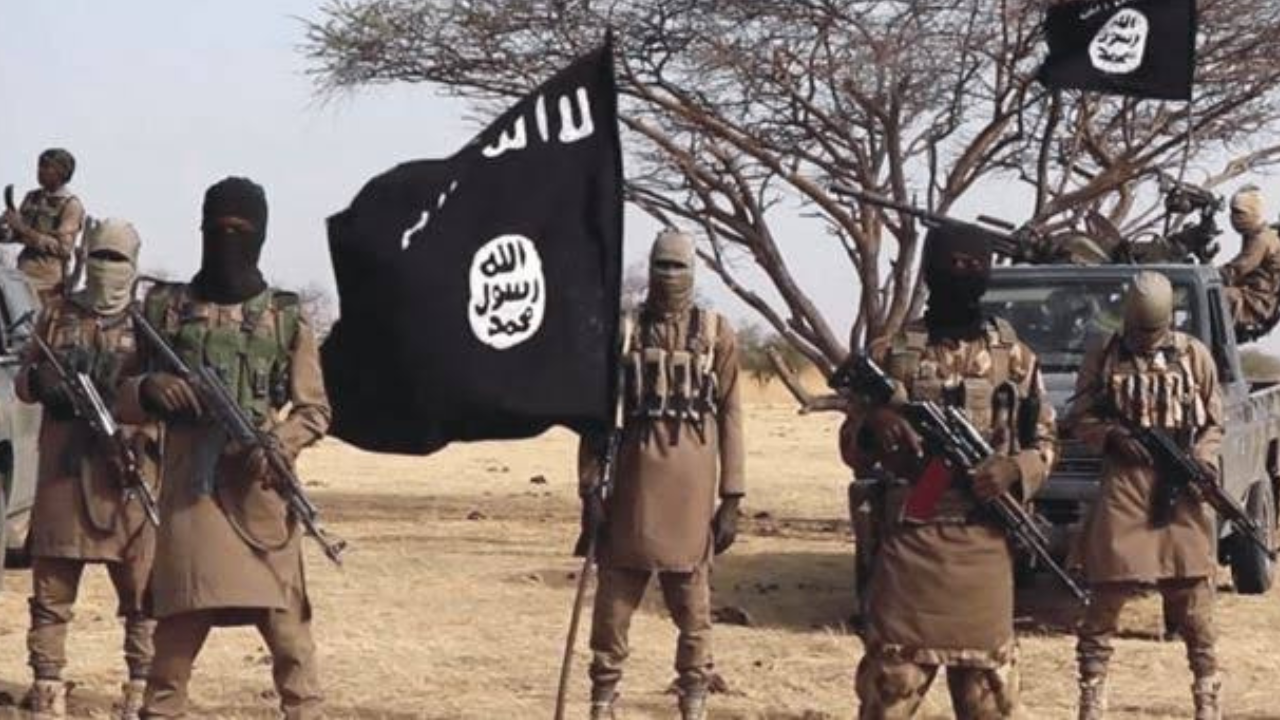The Nigerian security forces scored a major victory against the Boko Haram insurgency in the past two weeks, when its self-declared leader, “Abubakar Shekau” was allegedly killed in battle at Konduga, Borno state. To prove the authenticity of the story, especially against the counterclaim from Cameroun, that their forces had killed the man near Gamboru Ngala, the Nigerian Army released a photograph of the “Shekau” killed at Konduga. That picture was placed side-by-side with the picture of the character that usually appeared in Boko Haram videos, who was always called “Abubakar Shekau”. It appeared that it was the same person.
There was no gainsaying the fact that it was an important victory for the Nigerian security forces who have weathered a storm of criticisms in recent months, as the insurgency conquered one community after the other and our troops became a laughing stock. Surely, the battle of Konduga was a major setback for Boko Harm, with the casualties it recorded in its futile effort to capture Konduga, as a stepping stone for a quixotic attempt at taking Maiduguri, the Borno state capital.
The Nigerian security forces confirmed that the original Shekau had been killed since 2013, and the man killed in Konduga had acted as a double to maintain the illusion that the original Shekau was still alive. A few days after the composite picture released by the army went out on the pages of Nigerian newspapers, a new video emerged, which showed a man with the semblance of the man killed at Konduga. It however appeared as if the man had been alive when captured.
And in the video, which is available on SAHARA REPORTERS and many other internet sites, the man was leaning against a tree and was wearing blue guinea brocade. He was surrounded by men in military uniforms with one of them holding a dagger close to the man leaning on the tree.
There was a voice in the background telling his colleagues to: “go and waste that man, go and waste him”. A few frames later, it appeared as if the same man was the man on the ground dead, besides another dead individual.
The pertinent question is whether the man had been caught alive as the video suggested. If so what was the circumstance that led to his death? Was there an effort made to ensure the man lived, by provision of medical service to save him?
The reason is simply that it would have served Nigeria and the cause of the war against the insurgency better, if the character called “Abubakar Shekau”, was caught alive, so that he can be debriefed about so many issues arising from the insurgency: where the Chibok Girls are kept; the sources of their arms and finances; their sponsors; the strength of Boko Haram’s membership and its plans to carry out other attacks; and so on.
It would also have served democratic justice to bring him to court and then sentence him. But from the evidence of the video making the rounds on the internet, it seemed the man was “wasted”, to borrow the words of the man on that short video clip.
After the Second World War, the victorious powers set up the Nuremburg Trials which brought leading operatives of the Nazi regime to the dock; they were tried for crimes against humanity and many of them were hanged for their crimes. But before the conclusion of their trials, experts from different fields spent hours and hours debriefing the criminals.
The tomes of evidence collected helped to better understand the psychology of the leading Nazis; the economic, political, military and ideological bases for the war, which killed millions of human beings. Such efforts help society to come to terms with such monumental crimes with the hope of ensuring that it was never going to be allowed to happen again.
It seemed our security forces are not equipped for the intellectual work that goes into the detailed debriefing of criminals, delinquents and other anti-social elements, like those who choose to carry arms against the state.
It is imperative to put such abilities in place, because while it is very important to defeat an insurgency like Boko Haram on the battlefield, it is equally important to draw lessons for the future of Nigeria.
I am very much aware of a discourse that reduces the insurgency only to the emergence of religious radicalism.
That fundamentalism is central to the doctrine espoused by a body like Boko Haram is a fact; but what is equally true, is that there are deep seated socio-economic, demographic and even psychological factors that condition the emergence of anti-state activities which culminate in a military insurgency.
One of the main ways of getting a rounded understanding of these crimes is to get the opportunity to enter the minds of these individuals. But we won’t get such opportunities if the most important leaders of an insurgency are caught alive on the warfront but are extra-judicially executed.
Society loses a unique opportunity to learn very vital lessons into the future. So as we feel happy about victories recently scored by our forces against the Boko Haram insurgency, we should also give ourselves the pause to ask questions about extra-judicial killings, because it is unacceptable in the context of the laws of war. A national army cannot afford to behave like the insurgency it is attempting to suppress!.


